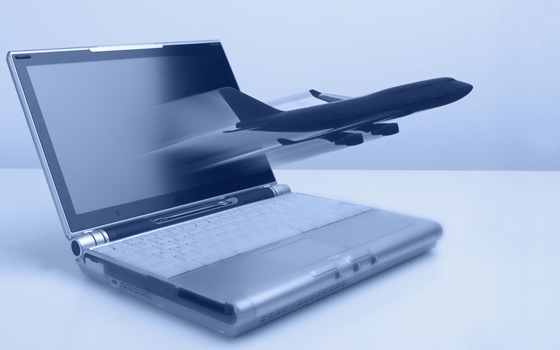According to Nashaat Al Bukhari, an IT expert, 70 percent of the travel sector needs to apply technology to its businesses because the remaining 30 percent saved up to 15 percent of their cost, increased their profits by 15 percent and provided good quality services for their clientele.
Bukhari said the use of modern technologies contributed to the overall look of companies’ operations, providing outstanding travel services for clients, including accommodation, transportation, guided tours and travel insurance.
He said the Saudi airline’s use of digital technology contributed to greater control over reservation systems, available seats and prices but that the company still needs to employ more of this kind of technology.
The use of these technological means by Saudi airlines came as a result of its need to keep up with rapid technological development.
It has worked hard to employ state-of-the-art technology found in the new 777 fleet of Saudi planes, which offer entertainment, communication and Internet.
Bukhari said the idea of using digital technology was initially refused by certain travel agents, but they soon embraced the new technology that rapidly enhanced the development of this sector.
Among these technologies is a program called “one press”, which is now applied by many travel agents to reach their clients and warn them about any upcoming natural disasters or political problems in countries they are visiting and secure their return to solve whatever problems they are facing.
He added: “Thanks to digital technology, Saudi tourists were reached and informed about their reservation changes during the Tsunami in Fukushima in Japan and assisted with their problems, in addition to securing their swift return.”
Arab News
14 April

























































